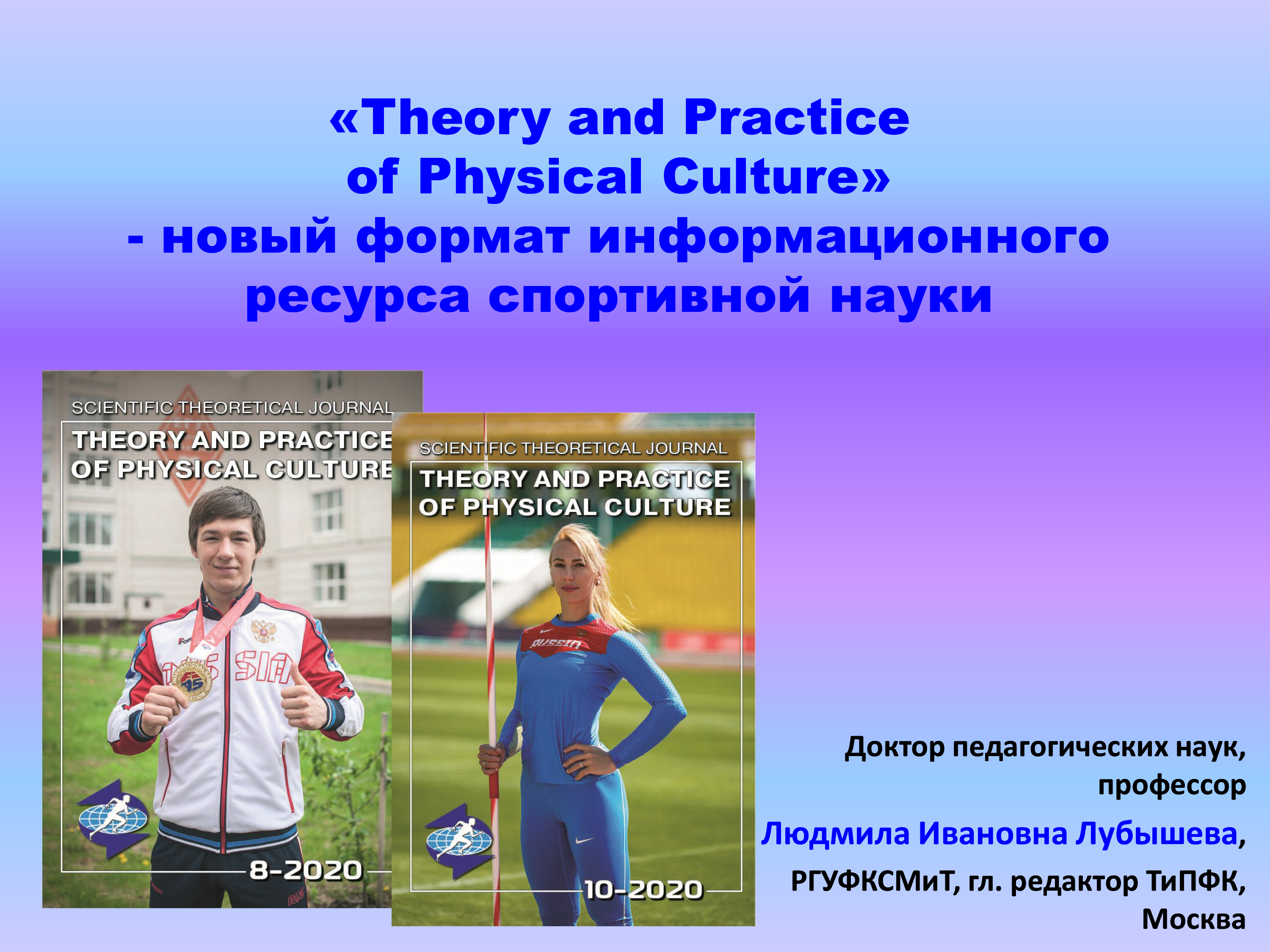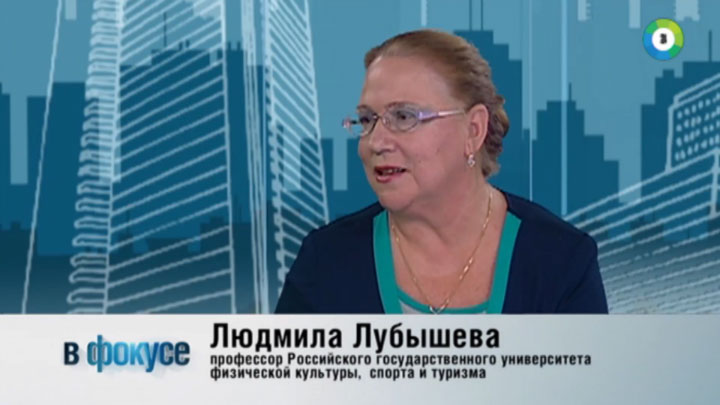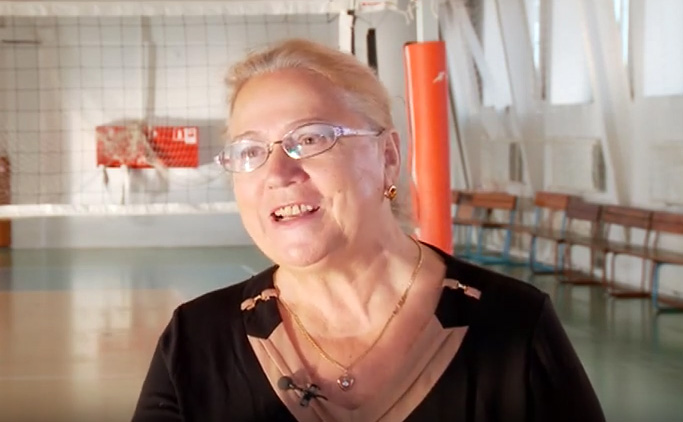Functional potential of the organism of pedagogical university students: assessment criteria, state indicators
ˑ:
Doctor of Pedagogical Sciences, Professor V.P. Lukyanenko1
Candidate of Pedagogical Sciences, Associate Professor N.V. Lukyanenko2
1North-Caucasus Federal University
2Stavropol State Pedagogical Institute
Contact information: viktor246@mail.ru
Keywords: functional state, physical education, students, functional tests.
Introduction. The indicators of the functioning of the main body systems are the determining criterion of human health, his legal capacity. Despite numerous attempts addressed the issue of increasing the potential capabilities of students` body, it remains relevant. This is evidenced by the results of numerous studies [1-5], including reported on in this article.
The purpose pf the study – to study the state of the basic functional systems of the body of undergraduate students of pedagogical institute, to determine the effectiveness of means of physical culture impact on the increasing their potential.
Methodology and organization of the study. Totally 696 full-time and part-time students of the State Budget Educational Institution of Higher Education “Stavropol State Pedagogical Institute” majoring in the discipline 44.03.00 – Pedagogical education, profiles: “Physical education” 44.03.05 (with two training profiles “Physical education” and “Health and Safety”), as well as students of the pedagogical faculty, psychology and defectology faculty, took part in the study. Standard functional tests were carried out: HR, Samples Stange and Genchi, Ruefle`s essays, Pignet Index.
The results of the study and their discussion. High indicators of the activity of functional systems of the body were revealed in students of physical education profile (on average, 39% from the total number). In other profiles of pedagogical education high level of indicators was revealed only in 28% of students. The results of the study indicate a rather low level of students` body functionality, whose capabilities can be significantly increased under the influence of purposeful, motivated impacts of means of physical culture.
Conclusion. The process of physical education of students can become more motivated, purposeful and effective through the active involvement of students to study the functional features of their own body, and the determination of their dynamics under the influence of systematic exposure to physical exercises.
Literature
- Dyakova E.Y., Zakharova A.N. Criteria for assessing the functional state of students of therapeutic physical culture groups // Theory and practice of physical culture, 2013. - № 7. - P. 25-29.
- Kabachkova A.V., Kapilevich L.V. Monitoring of functional state of students of junior courses // Theory and practice of physical culture. - 2013. - № 7. - P. 30.
- Pustozerov A.I., Milovidov V.K. Comparative monitoring of east students’ functional state of physical culture and students` engaged in skiing scientific sports // Bulletin of Urals and Siberia. - 2021. - № 2 (30). - P. 37-42.
- Tokareva A.V., Getman V.D., Efimova-Komarova L.B. Self-control and methods of students` assessment of physical and functional state, training manual. - SPb., 2016. - 104 p.
- Epp T.I. Determination of functional state of organism of first-year students of pedagogical university // Eurasian Scientific Association, 2019. - № 12-5 (58). - P. 445-448.











